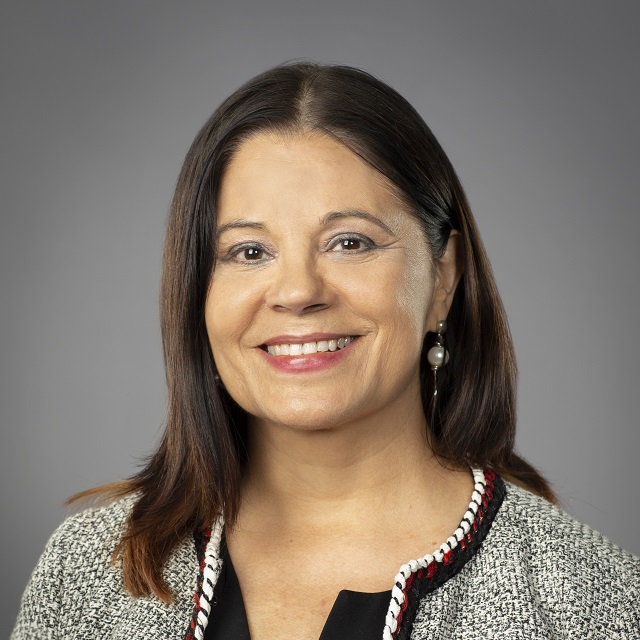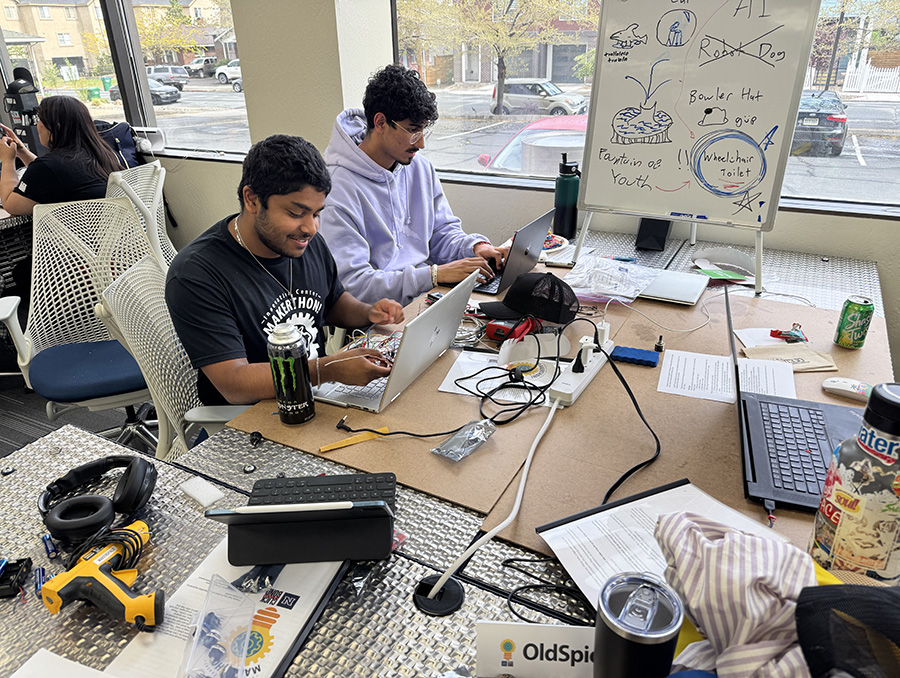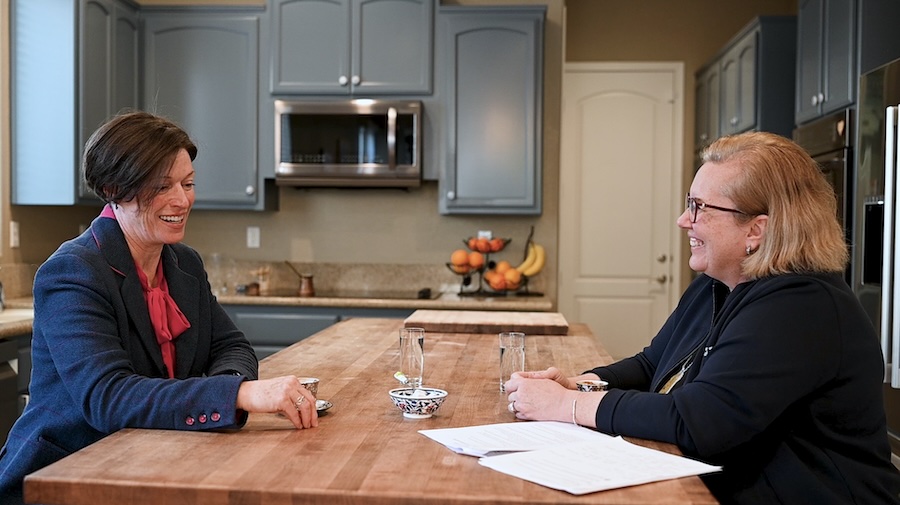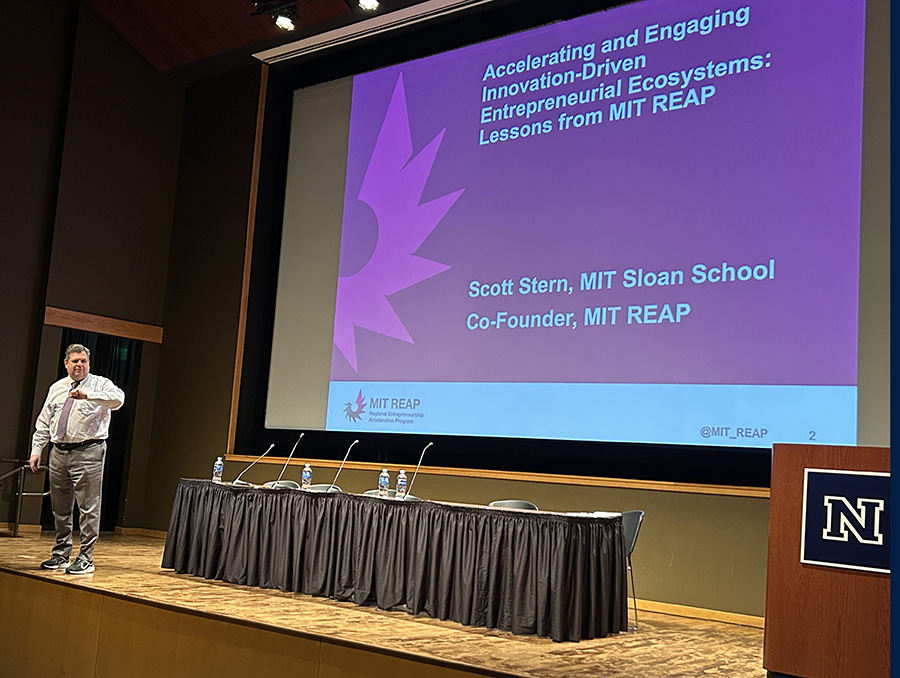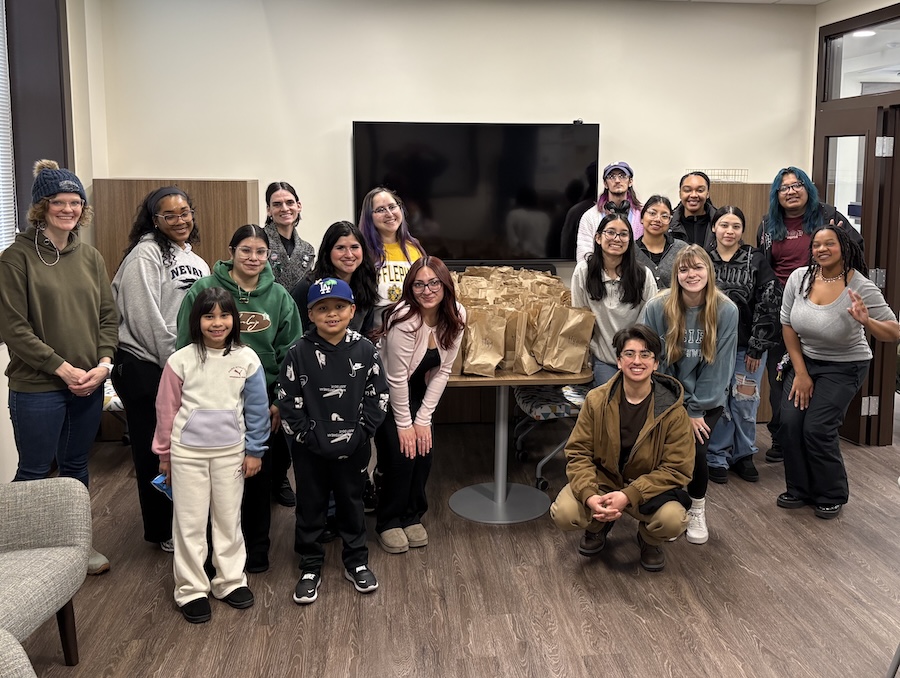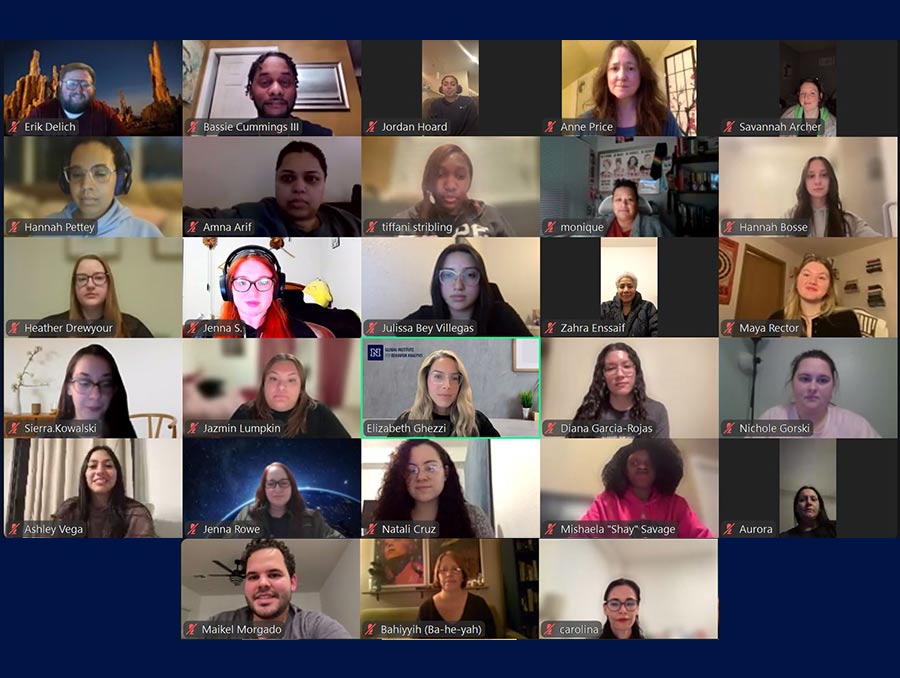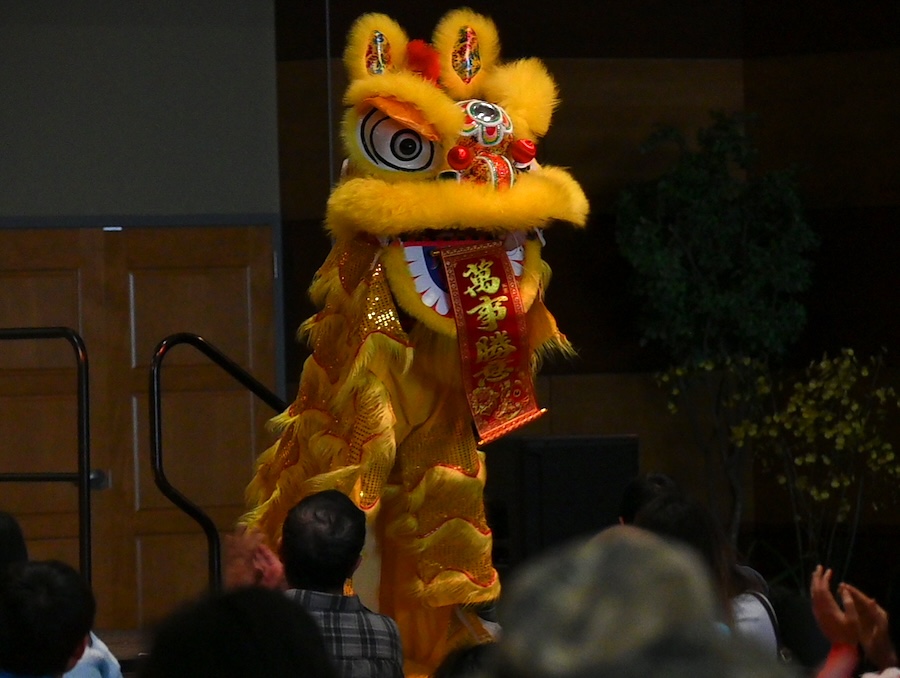Commemorating Women's HERstory Month: #ChoosetoChallenge
University Diversity & Inclusion Officer Eloisa Gordon-Mora, Ph.D. talks about International Women's Day, women's history and the Dialogue, Equity and Democracy event series
Since 1911, March 8th has been recognized as, International Women’s Day, by a number of nations; and since 1975, by the United Nations, on behalf of the world community of nations. What began in the early part of the 20th century as a challenge to centuries of women's oppression and inequality, in the form of demands for shorter working hours, better and more equitable pay, and voting rights, needs to be examined from the lens of this 21st century.
What are still considered, “women’s issues”—violence against girls and women; lack of access to equitable education across the globe, and consequently, severe economic disparities and disproportionate poverty rates among women; underrepresentation in leadership roles, in the private sector, educational sector and government; disproportionate impacts of war on women and girls, particularly in the form of sexual violence; historical overburden on women of unpaid care responsibilities, and beyond—are in reality, human rights issues, and therefore, what ought to be principal concerns of any democratic society.
Without a doubt, enormous gains have been made on behalf of women’s human, economic and political rights—albeit, not for all groups of women, nor across the globe, in equal measures. However, a critical understanding to be connected to the emergence of these gains is that they have resulted from concerted, organized and consistent challenges to existing power structures. As Frances Fox Piven, one of the great social-movements analysts, points out: “people who organize and challenge through systems of collaborations, sometimes gain something”.
This year’s Women’s International Day’s theme, a globally recognized celebration throughout the month of March is, “choose to challenge”, a reflection of the ongoing needs to address not only disparities experienced by women, but also disparities among women, from intersectional understandings of social class, race/ethnicity, sexual and gender identity, ability and beyond.
Diversity & Inclusion (D&I) has initiated the Dialogue, Equity and Democracy Series, a succession of panel discussions, guest speakers, workshops and teach-ins this spring. Please to join the D&I team, and a group of distinguished guest speakers during this, Women’s HERstory Month, for a number of dialogues, including “Women and Democracy: An Intersectional Conversation," on March 15th at 4:00 pm; and “Higher-Education, Equity and Democracy”, March 24th at 3:30 pm .

